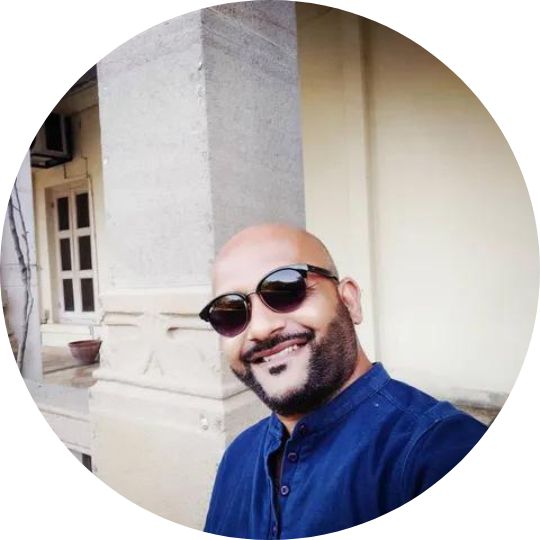
2,602 views
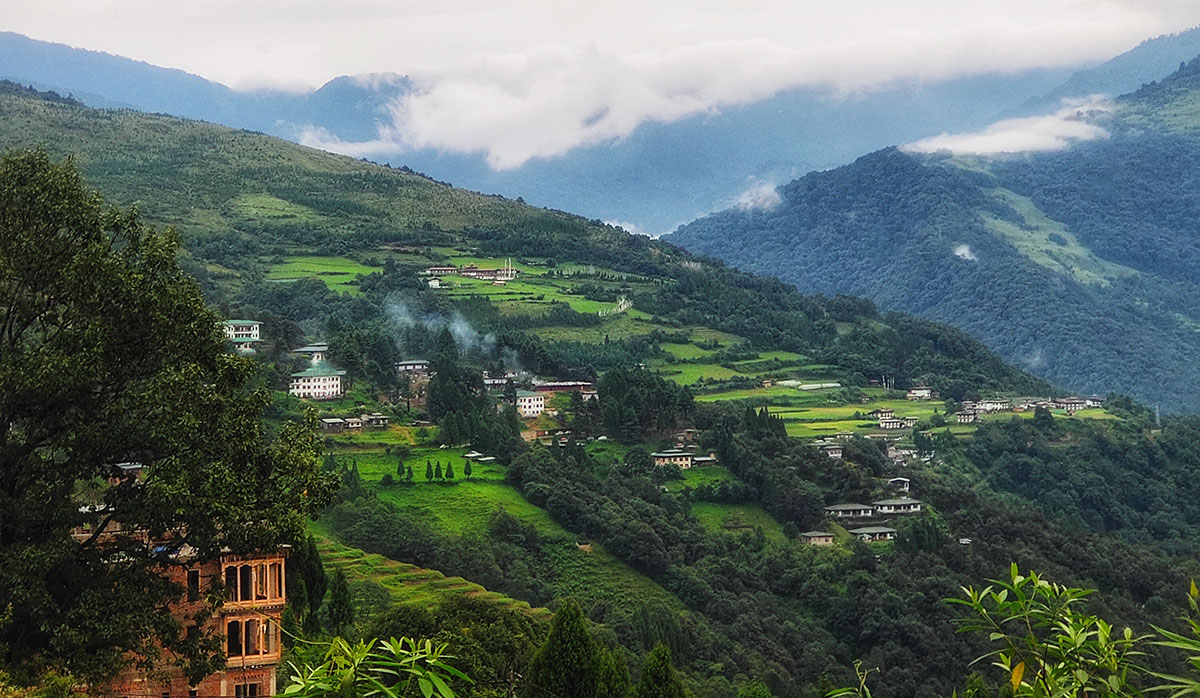
Hidden Gems of Eastern Bhutan
By Anand Maniyar
Last Updated: 13 Dec 2021
We all have dreams and aspirations that we hope will become a reality in due course. As an avid traveler, there are numerous destinations I have traveled to, seeking unique experiences. There are a few destinations that I have left hoping I can, someday, come back and live in for a longer period. This was my feeling after my road trip to Bhutan. After an amazing road to this country, I was hoping to go back someday and live here to visit unexplored places in Bhutan and experience the country as a local. Guess what? Dreams do come true. I was assigned a project in Bhutan to digitize their healthcare system. This meant that I would be traveling across the country visiting all the hospitals and in turn offbeat places in Bhutan. This was an opportunity of a lifetime and before I knew it, I was on my way to the Land of the Thunder Dragon.
During my previous Bhutan road trip on bike, our group did a customized route to visit a few places in Bhutan like Paro, Thimphu and Punakha. However, we did not explore Eastern Bhutan which has some of the most beautiful places in Bhutan. It is the enigmatic part of the country but is less explored by travelers owing to several factors, logistic and otherwise. Secluded valleys, fascinating hamlets, and numerous Dzongs and temples are some of the attractions of Eastern Bhutan. After living here for several months, I mingled with the local people and soon travel plans started brewing. I got an opportunity to visit unexplored places in Bhutan, mainly in the eastern part of this exotic country. My first trip was to Mongar and Lhuntse. While traveling in this land of the thunder dragon is a euphoric experience, travel time is much longer although distances are not much because of the tough terrain and unpredictable weather.
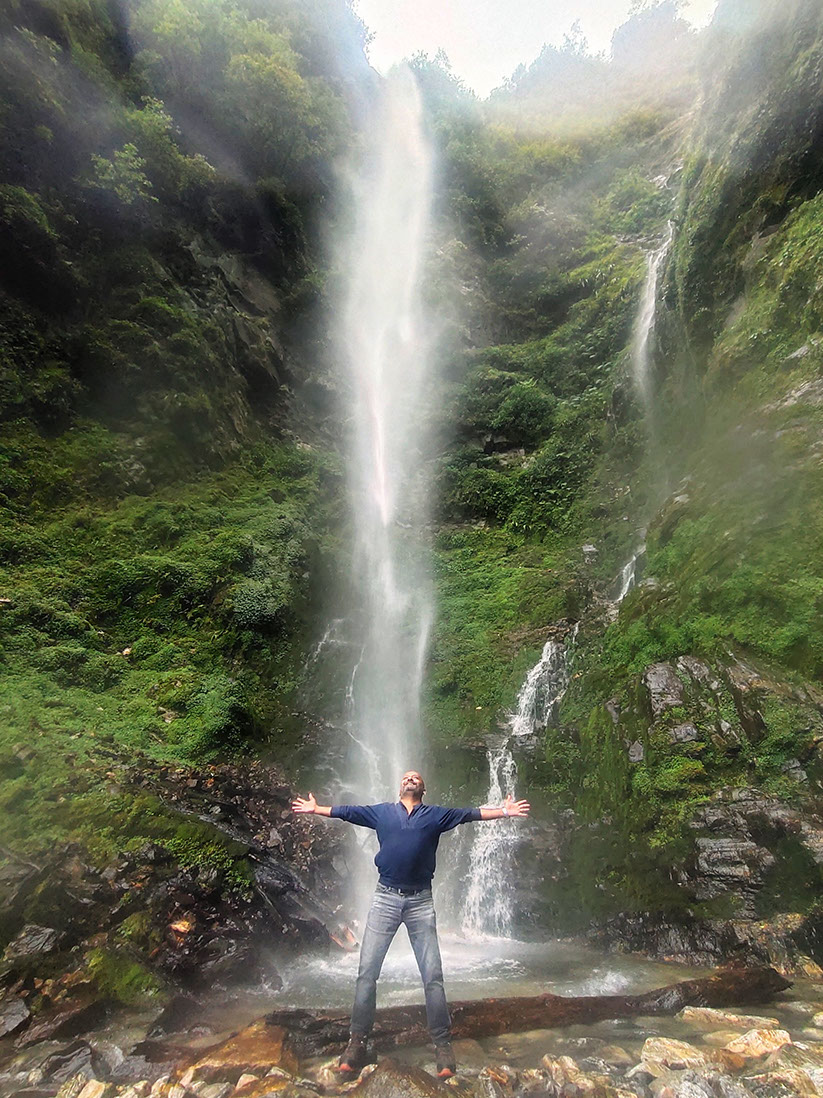
Feeling one with nature at this stunning spot on the way to Mongar
Thimphu to Mongar (a hidden gem in Bhutan)
I left Thimphu at 7 am heading to Mongar which is the capital town of Eastern Bhutan. There are several buses plying from Thimphu to Mongar that one can take. The distance to Mongar is just 400 kilometers, but takes 25 hours, so a stopover is necessary en route. Most of the time, the stopover is at Ura valley. The drive from Thimphu to Ura valley is scenic and comfortable with relatively good roads.
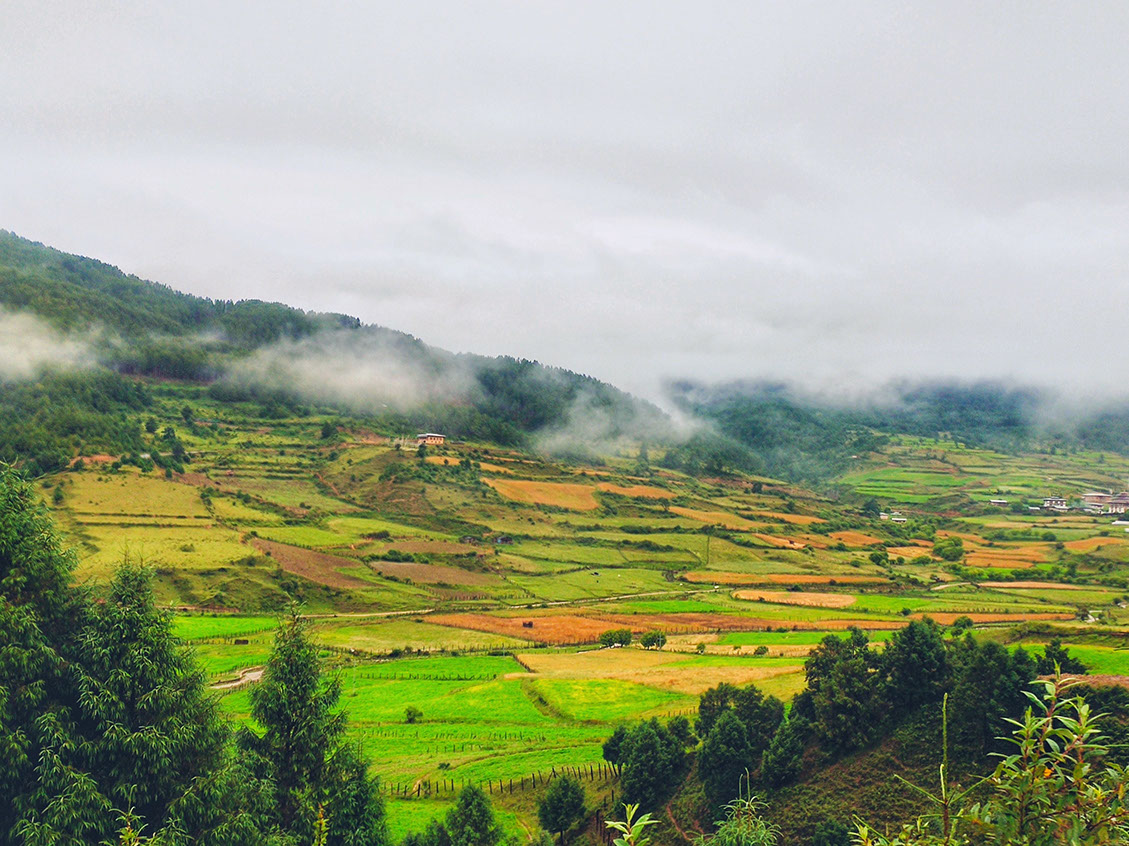
The mountains covered in clouds bordering the lush landscape is the view all along the drive from Ura valley to Mongar
After a restful night at Ura valley, I left for Mongar the next morning. The roads along this 200-kilometer stretch are rough so be prepared for a bumpy ride. This drive takes about 16 hours. The positive thing though is the spectacular views along this route which kept us distracted and captivated. Fortunately, it was the best time to visit Eastern Bhutan. The verdant vegetation, cloud-covered mountains and sparkling waterfalls make the journey from Ura valley to Mongar one of the most gorgeous drives. The waterfalls are seen in a periphery of 60 kilometers from Mongar. The unique thing about the picturesque waterfalls is that they are perennial. These waterfalls flow from the mountains into the plains and join the Mo Chhu and Pho Chhu rivers in Punakha.
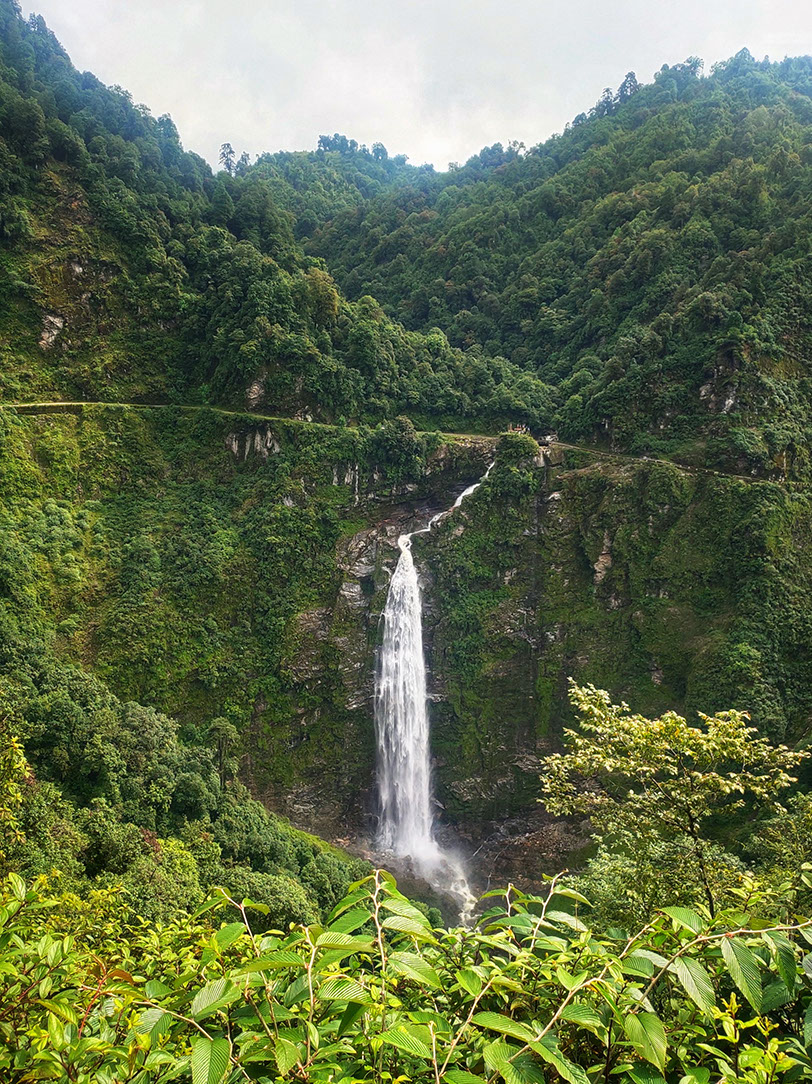
The spectacular Namling Waterfall en route to Mongar is one of the secret places in Bhutan
Mongar to Lhuntse
I reached Mongar exhausted from the drive, checked into the hotel and rested. I woke up to a beautiful morning in Mongar. The cool refreshing air, lush greenery decorated with a variety of rhododendrons and cloud-covered mountains in the distance made for a picture-perfect sight. After indulging in this scenic beauty and a warm hearty breakfast, I headed to Lhuntse which was a 75-km drive from Mongar that took 3 hours. I started at 8 am and the drive took us through beautiful landscapes. A remarkable feature in Lhuntse is the terrace farms that decorate the hills of this region. Meandering along the curvy roads, these farms created a maze-like appearance which was fascinating. Lhuntse is considered to be an unusual attraction in Bhutan.
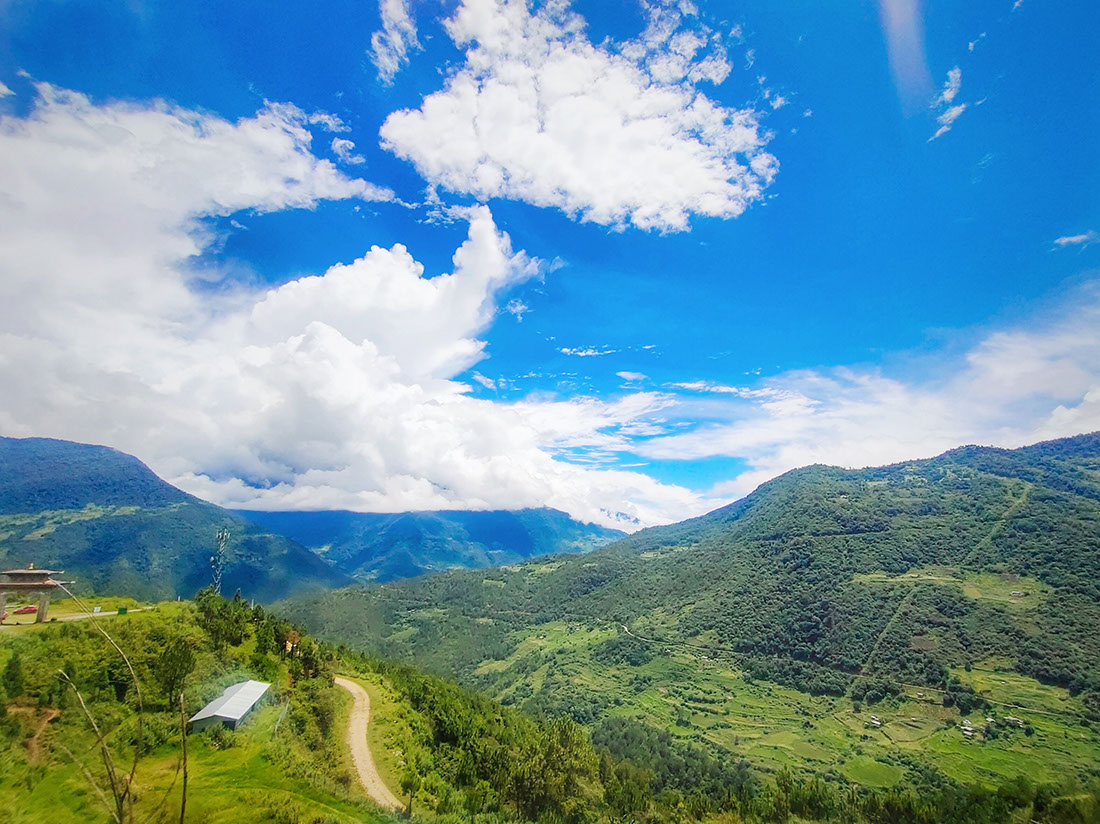
This panoramic view of Lhuntse embraced by manicured terrace farms is captivating and alluring
Lhuntse is considered a religious place and one of the most remote districts of Bhutan. The landscape is as untouched as is the culture of this quaint village. The ancestral home of Bhutan's Royal family is in the Kurtoe region of Lhuntse. The highlight of this region is the world's largest statue of Guru Padmasambhava situated at Takila. This 8th century saint also called Guru Rinpoche is revered as the founder of Tibetan Buddhism, especially its Nyingma School. It is believed that this statue was built by the late Ven. Khenpo Karpo Rinpoche to ensure the prosperity of the world, making this imposing structure rather intriguing. Guru Padmasambhava statue is also a unique place to visit in Bhutan.
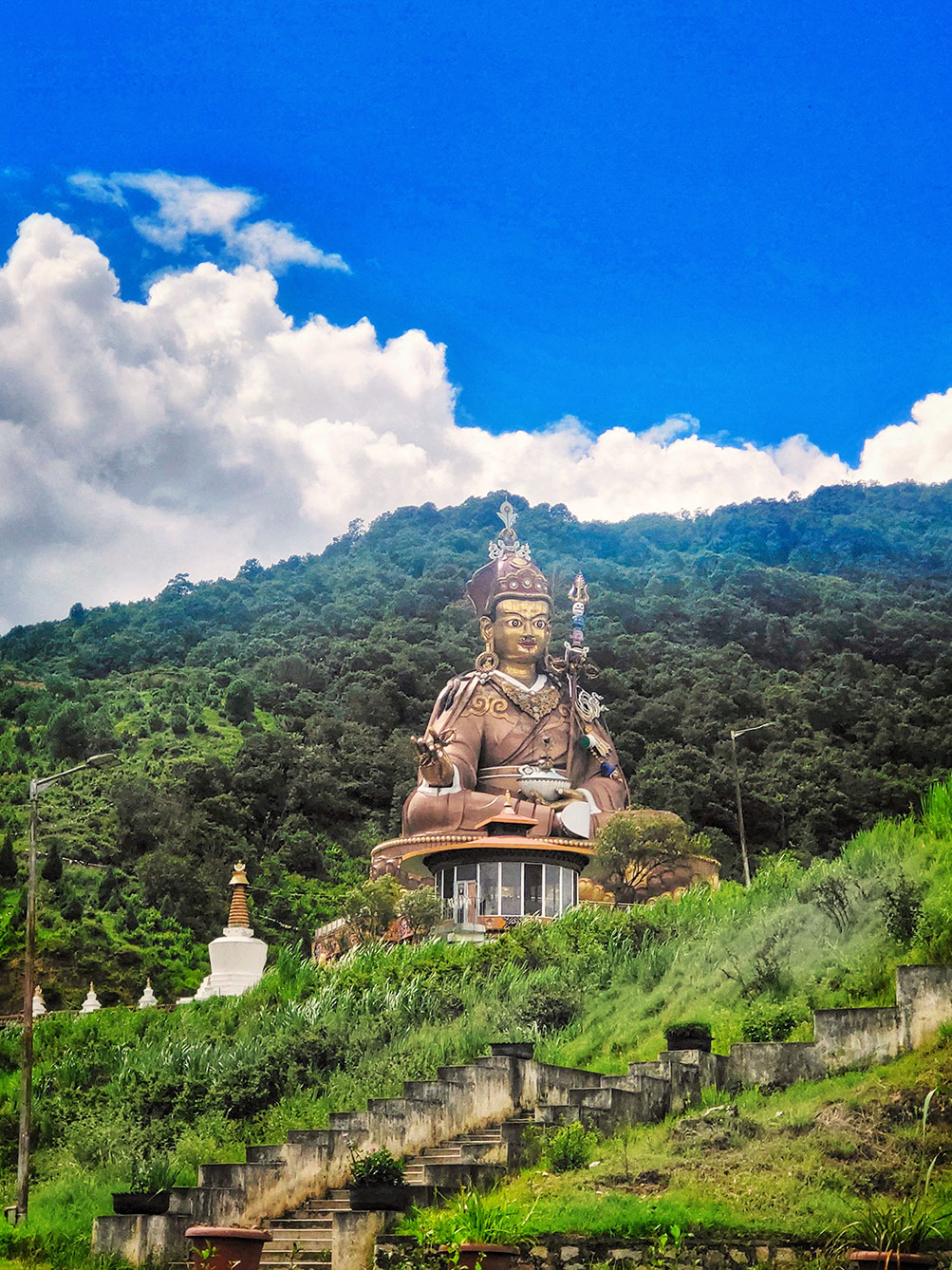
This staggering metal statue of Guru Padmasambhava is the largest in the world
This 173-feet statue stands magnificently on the Takila mountain slope surrounded by 8 big and 108 small stupas. There is also an old monastery at the site of the statue. Standing before this gigantic statue, I was awestruck by its sheer enormity and excellent craftsmanship. After paying my respect and visiting the monastery, I headed back to Mongar. Being a religious site, the government has strictly prohibited developing tourism in this area; hence there are no restaurants or accommodation options here. Isn't this a true hidden gem in Bhutan?
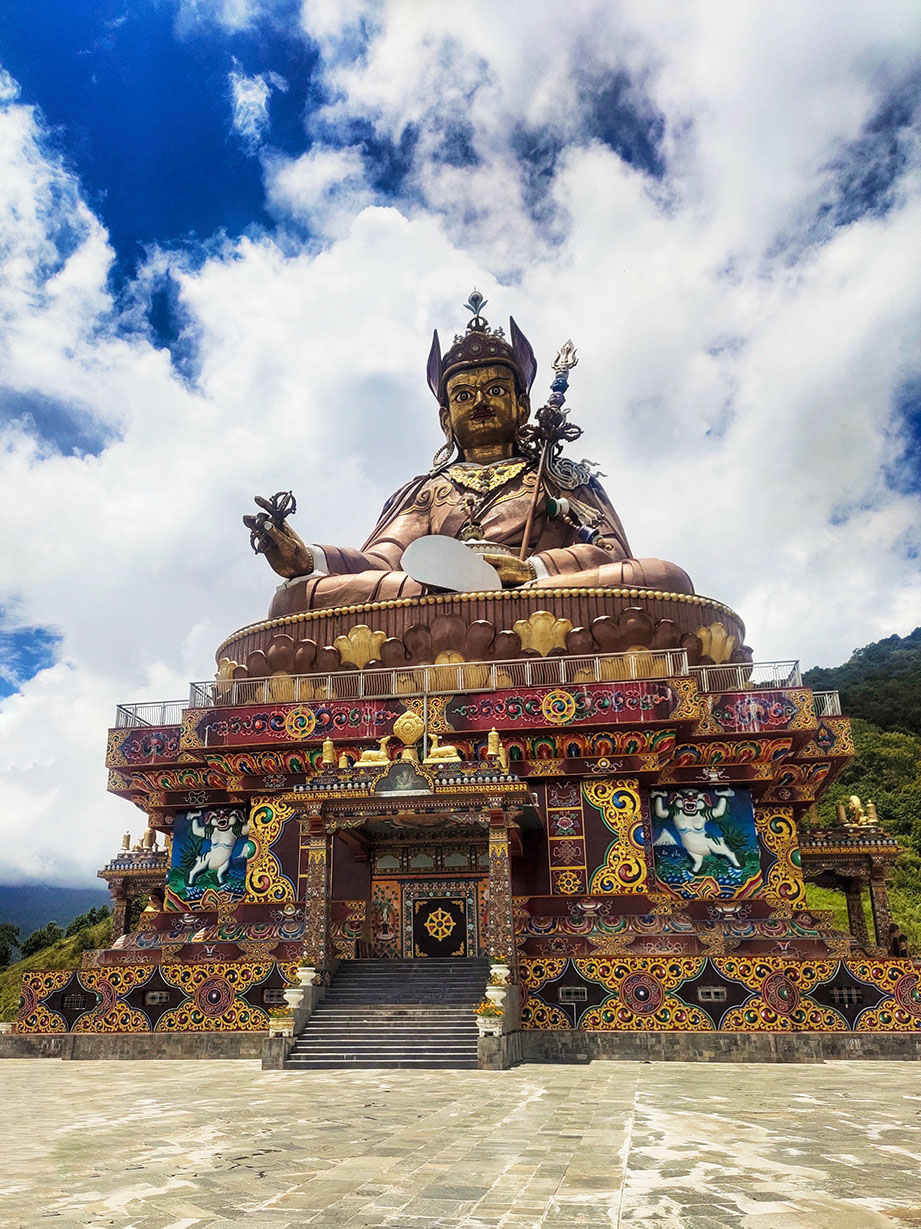
Construction of Guru Padmasambhava statue started in 2008 and it was consecrated in 2015
Mongar - a prominent city in Eastern Bhutan
Mongar has a unique historic significance as it is home to the first leprosy hospital in Bhutan. The hospital was started as a small dispensary in 1955 which was taken over by The Leprosy Mission, UK in 1972. It is commendable that a country that was barely open to tourism had such an important foreign intervention. This 12-bedded hospital has evolved over decades to become what is currently called Mongar Regional Referral Hospital, one of the oldest hospitals in Bhutan.
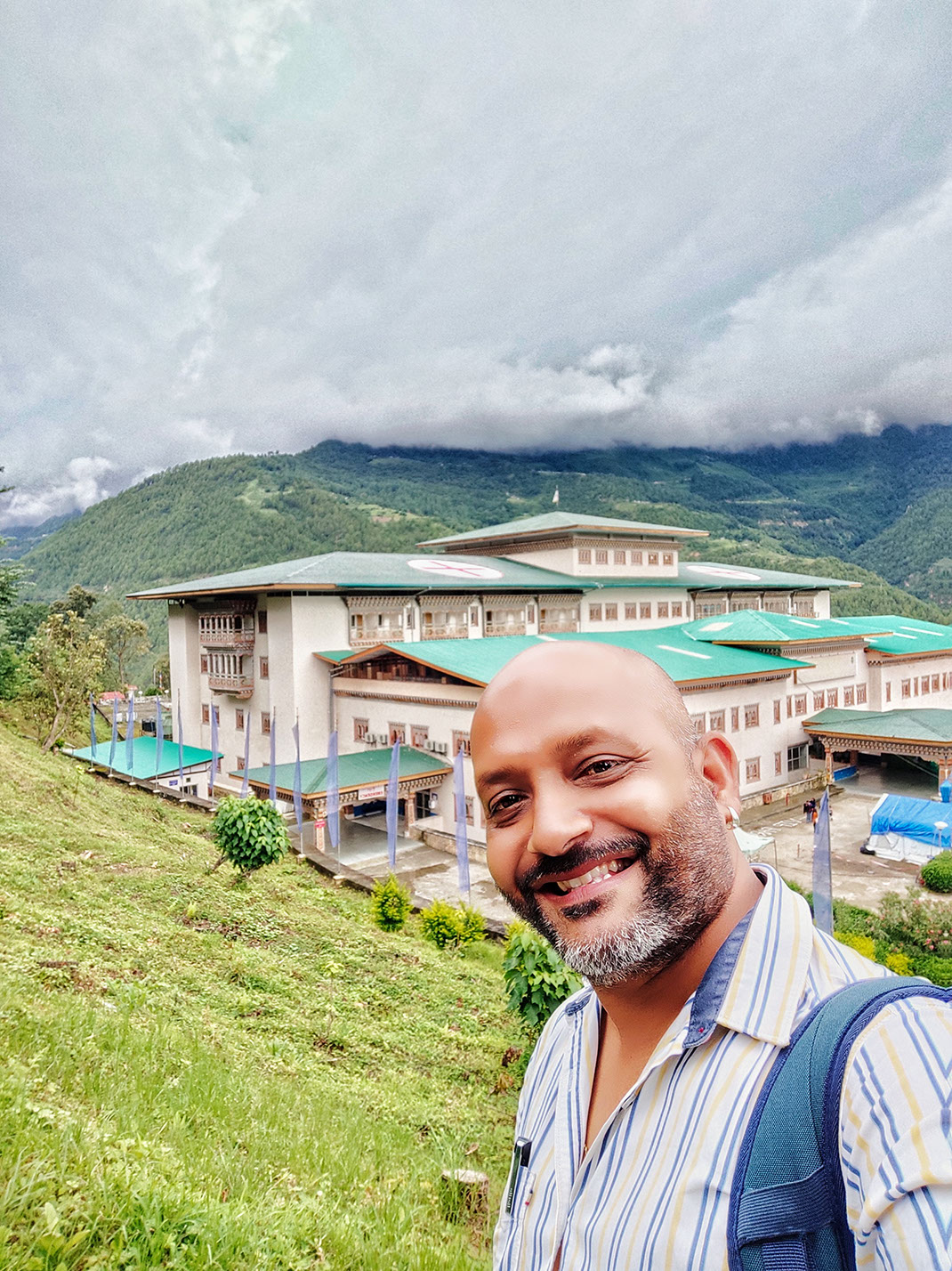
My work place: Mongar Regional Referral Hospital, the oldest in Bhutan
Trust me when I say there are huge perks of knowing the locals in Bhutan. They are simple and very hospitable and I experienced it first hand through my colleague who works at Mongar hospital. The next morning, my colleague invited me to his farm in Kalapang village, an offbeat place in Bhutan. We drove 20 kilometers from Mongar to reach Kalapang. After a sumptuous breakfast at his farm, he took us to a spot nearby where a mini Guru Padmasambhava statue was installed. The spot had a beautiful ambience with a tiny pond surrounding it sprinkled with water lilies. Curious, I asked why there was a statue installed in the middle of nowhere. Incidentally, H.E. Ugyen Chado Rinpoche (popularly known as Kalapang Rinpoche) who lives alone, uphill at a distance of almost 50 kilometers, installed this statue. There were two reasons for this, one is his devotion to Guru Padmasambhava and the other is to bring people to this unusual attraction in Bhutan. Since he lives in such a remote place, the government visits regularly to ensure his wellbeing. It is a difficult trek up to his house so we did not attempt it this time, but I made a mental note in my to-do-list for our next visit.
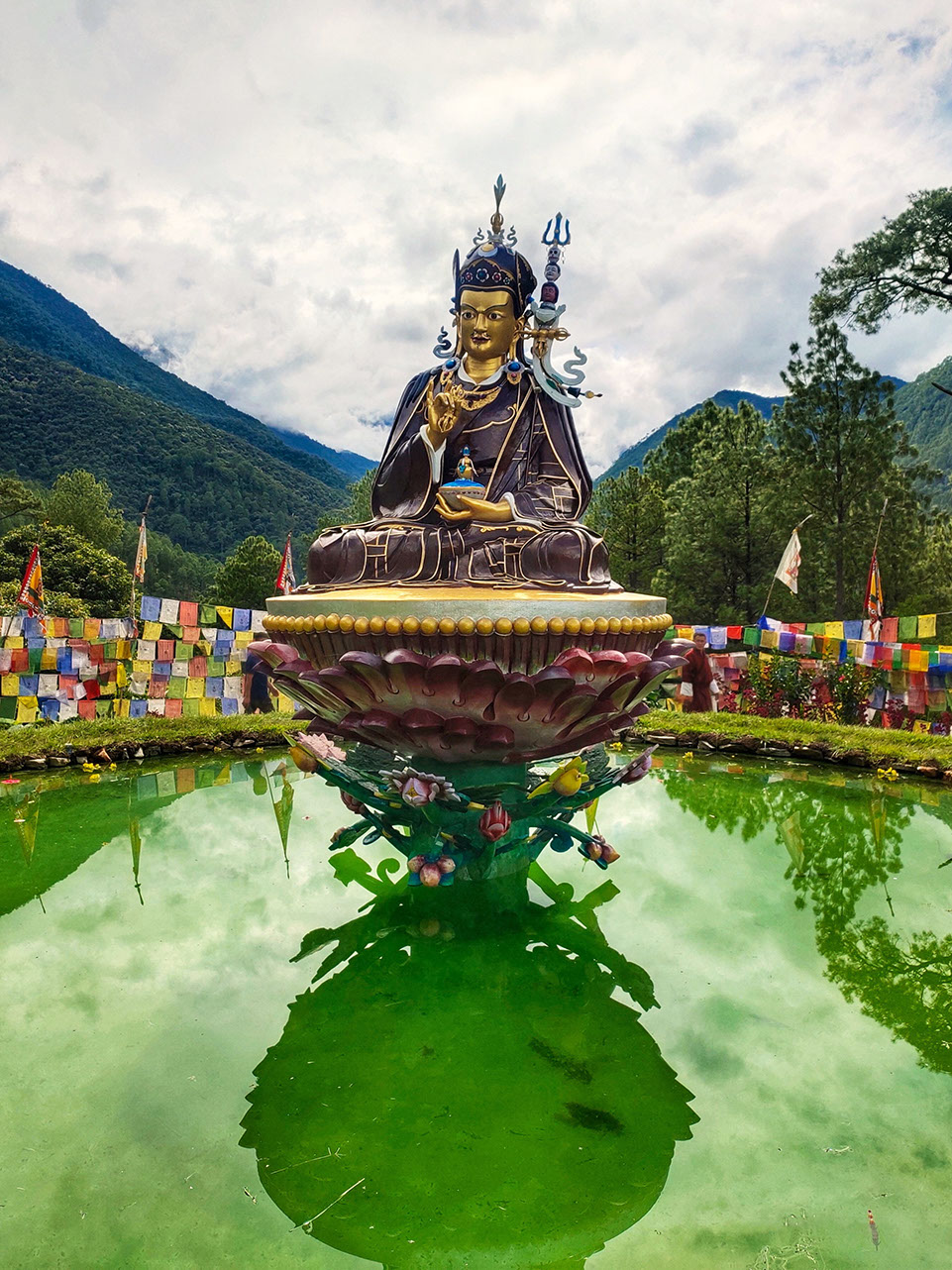
Mini statue of Guru Padmasambhava surrounded by a beautiful pond in Kalapang, an untold place to visit in Bhutan
I discovered one more unusual attraction in Bhutan, a football stadium in the outskirts of Mongar. Isn't it incredible that there is a stadium in this remote high altitude place? When I arrived at the stadium I was awe-struck not only by the stadium but also by the magnificent view from there. Decorated with prayer flags, this stadium situated in Ri daza is at an elevation of 5,200 feet. I had an exciting game of football and then spent some time absorbing the magnificent view of the Himalayas draped in clouds. I could not get enough of these picture perfect sceneries but I had to return to my guesthouse, so reluctantly I headed back.
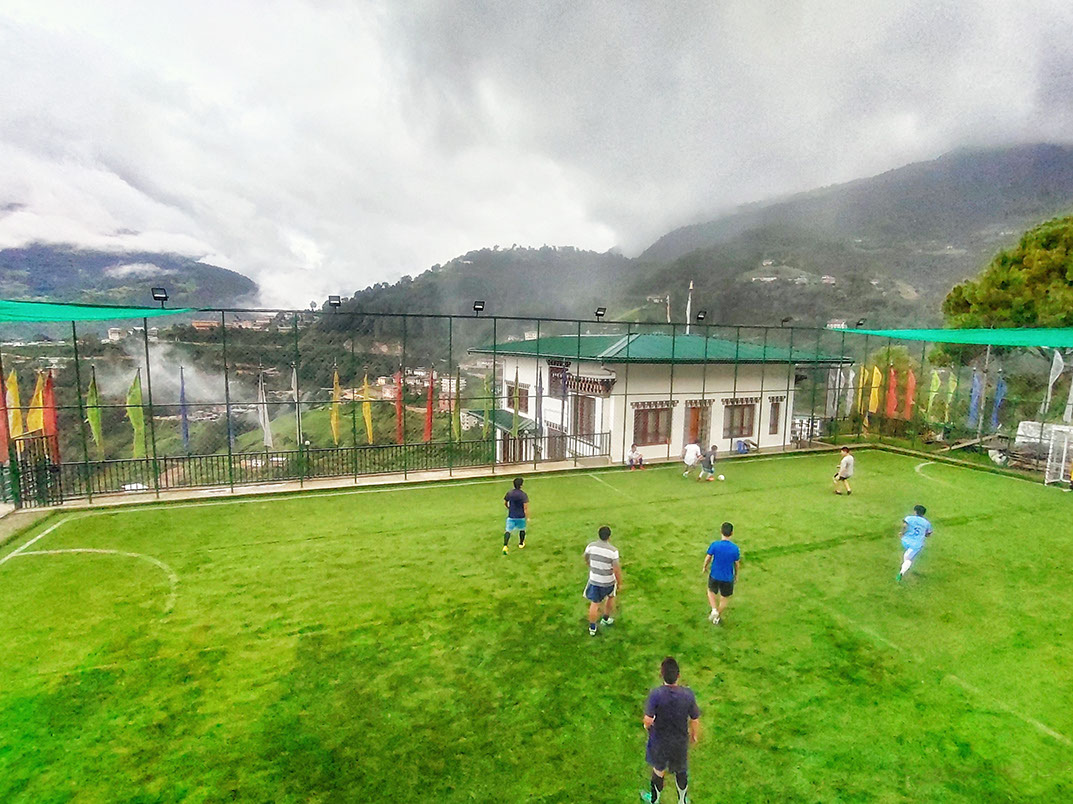
Football stadium in Ri daza at 5,200 feet is a secret place in Bhutan for the tourists
A journey to offbeat places in Bhutan continues...
The next morning, I started my journey back to Thimphu. En route to Bumthang and Dochula Pass, there was a 2-hour delay in our journey due to some road repair work. The return journey was as beautiful as the onward journey, which I thoroughly enjoyed. Back in Thimphu, I was refreshed and geared up to get into my routine. I knew that this was the beginning of many more adventures to unexplored places in Bhutan. Sooner than later, the mystical aura of Eastern Bhutan allured me and I was on the road again in search of more offbeat places in Bhutan. This time to some of the little known treasures of Bhutan - Trongsa, Phobjikha and Ura valley.
Frequently Asked Questions:
What is not allowed in Bhutan?
Smoking and chewing Tobacco in public places are not allowed in Bhutan. There is a stringent fine for the same.
Where did Guru Rinpoche AKA Guru Padmasambhava visit in Bhutan?
Guru Padmasambhava visited 10 sacred places in Bhutan including Paro, Mongar, Lhuntse and Trashigang to name a few.
Disclaimer: This blog may contain affiliate links. At no extra cost to you, we may get a small commission if you buy anything. All products and services we endorse have been personally used or come highly recommended to us. These incomes allow us to keep the community supported and ad-free.
Things To Consider
About the author
Rate the Story
Related Stories
Please share your comment

Bhutan never ceases to amaze travelers and this story is only going to draw more avid travelers to this mystical land. Thank you for sharing, Anand.

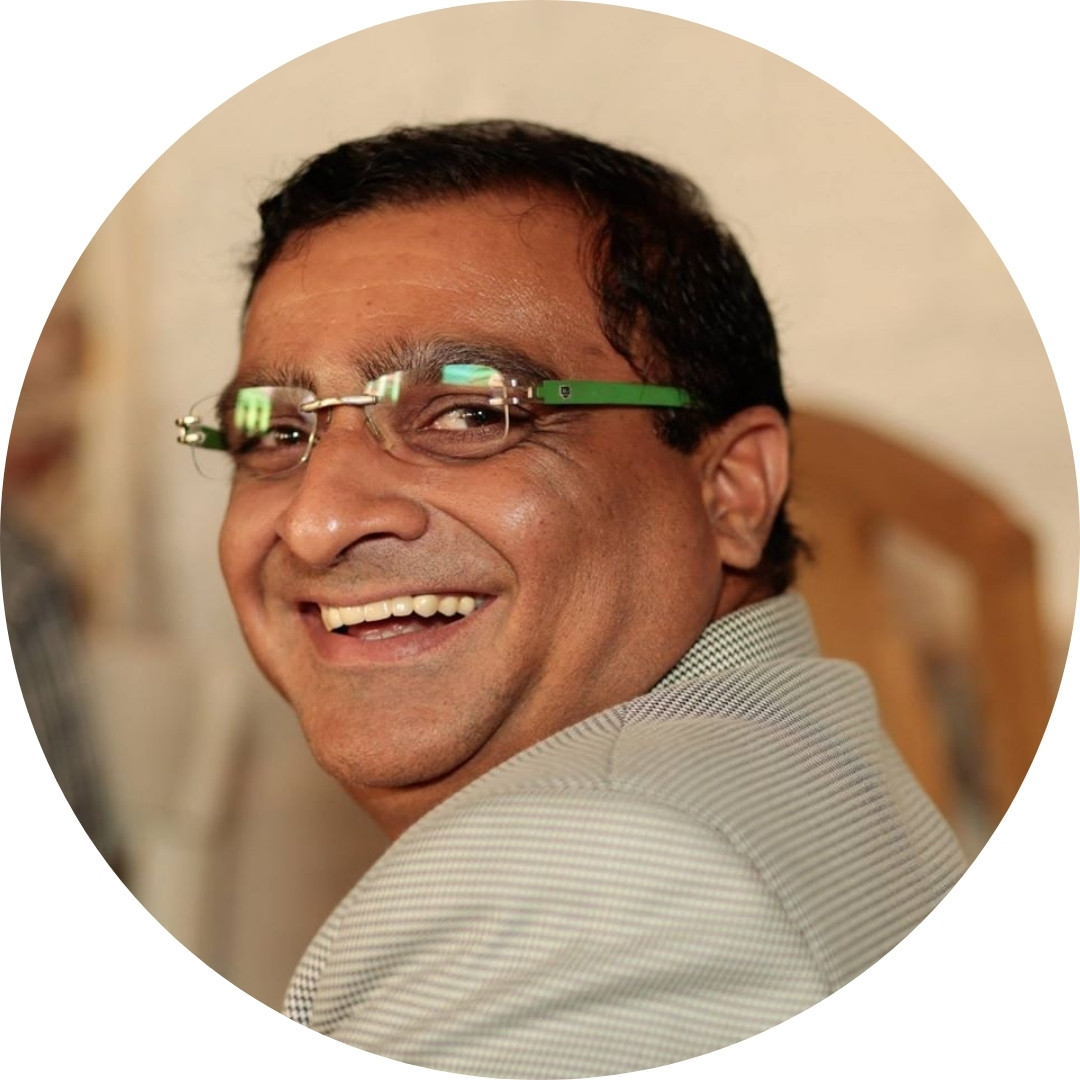

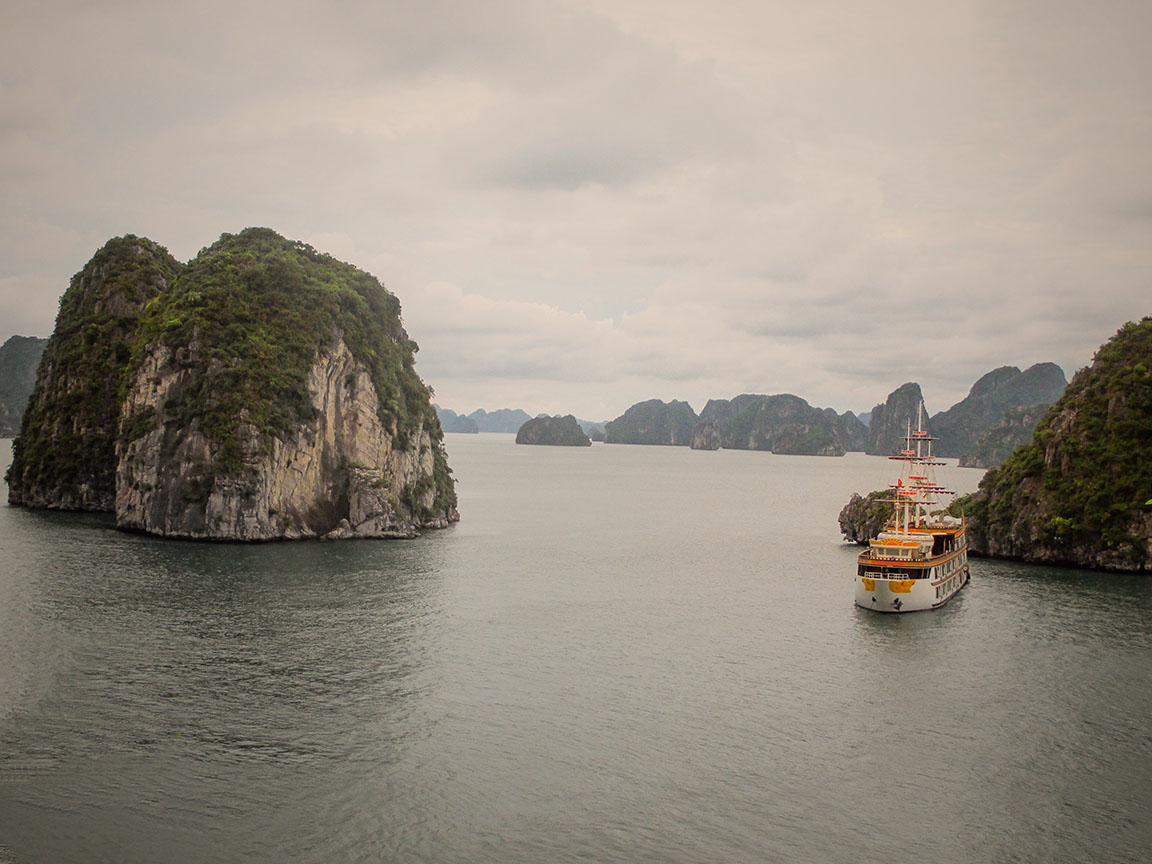
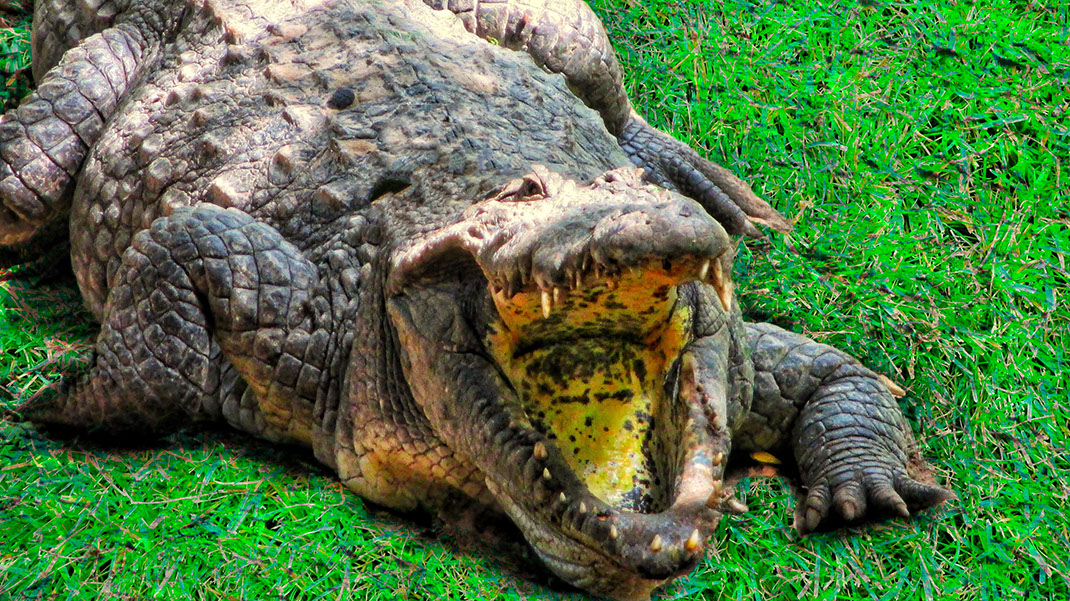
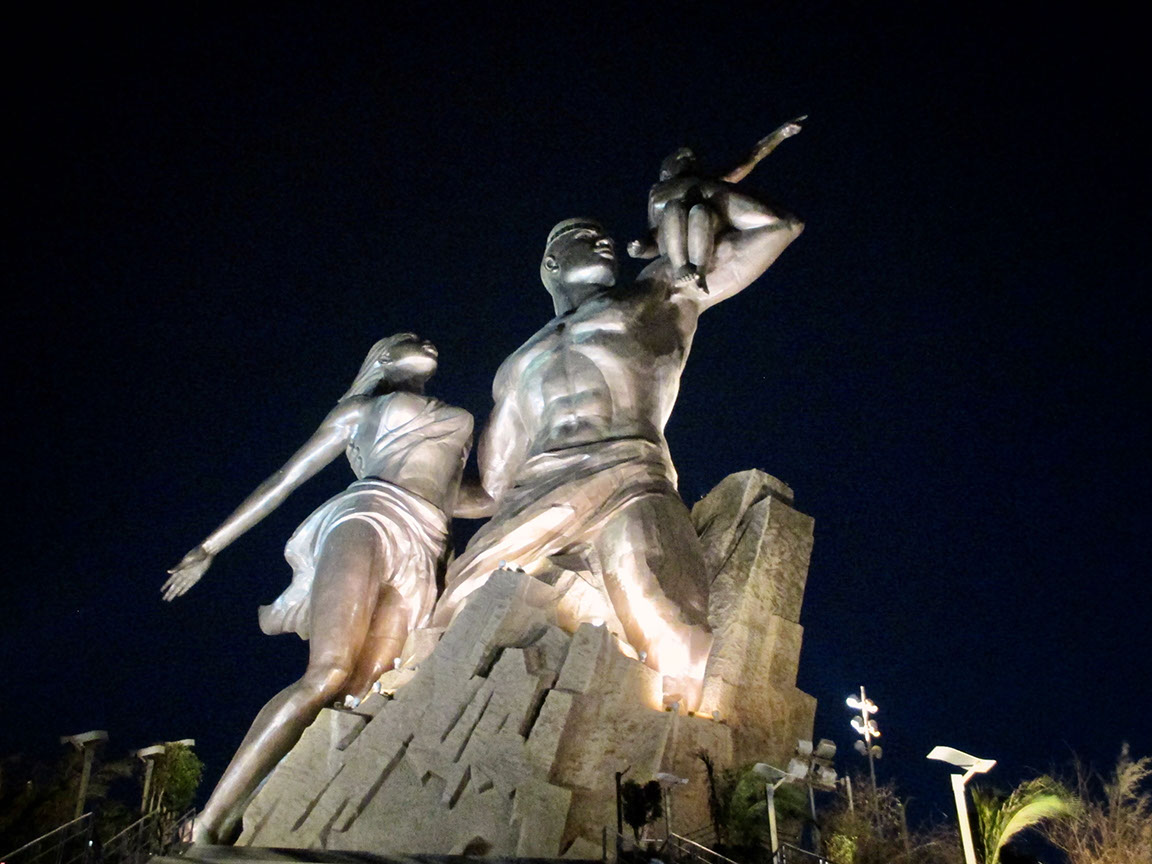

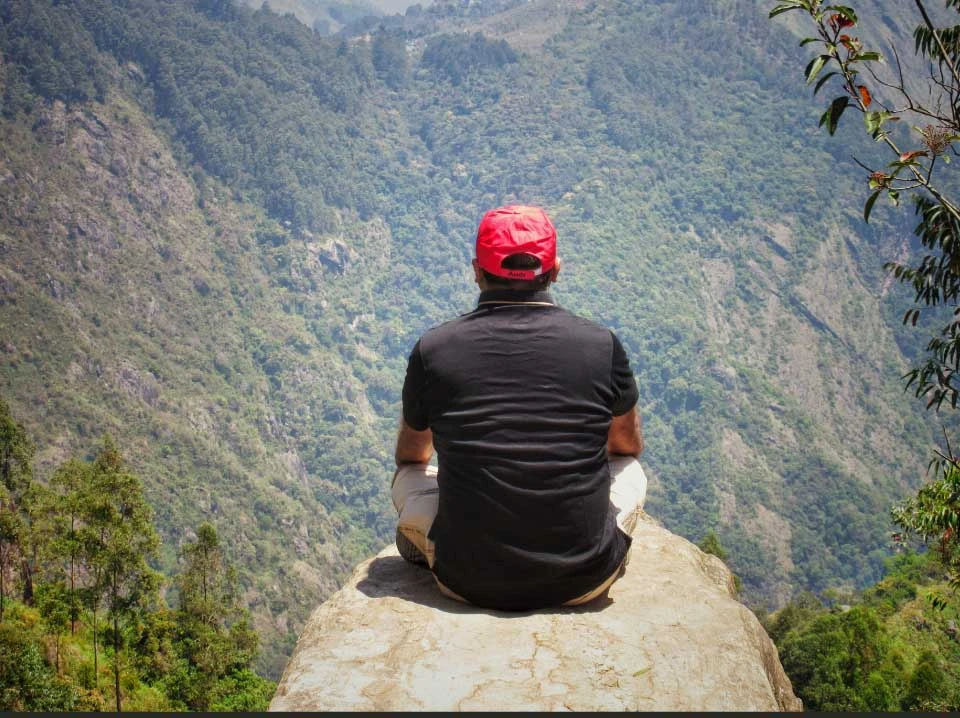
Name
Email
Comment